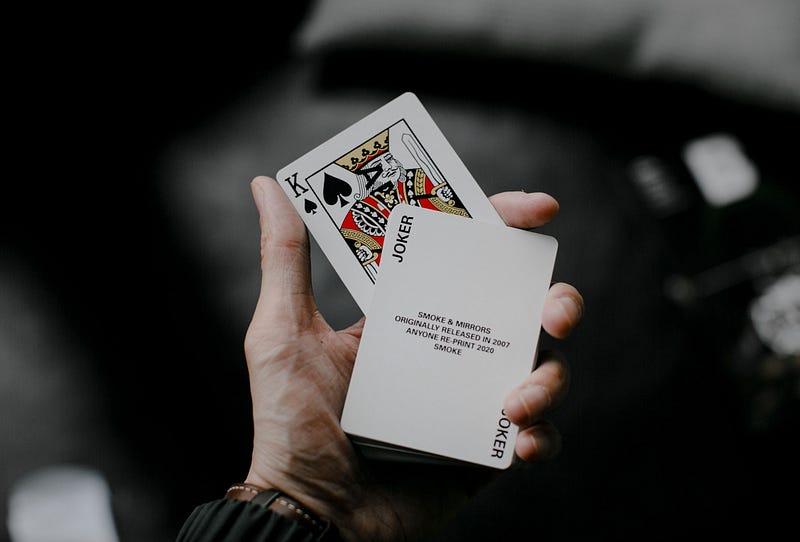Cultivating Connection: Overcoming Relationship Drift
Written on
Understanding Relationship Drift
The feeling of relationship drift can creep in unexpectedly. At one moment, you might find yourself in a quiet restaurant, waiting for sushi, and suddenly realize that the connection you once had feels distant. What changed? Not long ago, conversations flowed easily; now, silence reigns, and awkwardness fills the air.
The root of this issue often lies in unexpressed thoughts or secrets. While it may seem trivial, withholding even minor details can create a barrier. Instead of engaging in meaningful conversation, you fixate on what you're not sharing, which can lead to relationship drift — a gradual pulling away from each other.
Relationship drift occurs when two people become distant, often due to a lack of sharing experiences or feelings. This phenomenon resembles two rafts floating apart in the ocean, once together but now adrift. It’s insidious, often going unnoticed until it’s too late.
The Implications of Relationship Drift
Consider how relationship drift parallels historical conflicts, such as the Second Opium War between Britain and China (1856–1860). Britain craved access to Chinese trade, but when China refused to share, tensions escalated, leading to conflict. This illustrates how withholding can breed resentment and animosity.
When nations or individuals withhold resources, relationships can shift from allies to adversaries. Conversely, when sharing flourishes, so does cooperation, leading to mutual benefits. This principle applies not just on a national scale but also in personal relationships.
The Challenge of Sharing
From childhood, we often learn to prioritize our needs, viewing the world through a lens of self-interest. Initially, we take without thought—food, attention, and affection. As we grow, society teaches us to share, though it often feels uncomfortable and counterintuitive.
This ingrained selfishness can linger into adulthood. For instance, I recall a time when a friend requested to borrow my cologne, and I instinctively refused. I had a tendency to keep people and possessions separate, fearing the loss of individuality. However, I gradually learned the value of generosity. Just as nations benefit from trade, individuals can strengthen their bonds through sharing, avoiding the pitfalls of relationship drift.
Transforming Relationship Drift into Connection
The antidote to relationship drift is what can be termed "relationship interlock." This concept mirrors how nations form alliances through trade and cooperation. On a personal level, it involves sharing ideas, connections, and resources rather than goods.
By being open to helping others achieve their goals, you create a reciprocal relationship. This doesn’t mean you have to expect something in return; rather, it’s about fostering a culture of generosity. When you give selflessly, you often inspire others to reciprocate.
The Practicalities of Relationship Interlock
At a tactical level, initiating this practice is straightforward. When encountering someone new, I often ask:
"Are there any significant goals you're currently pursuing? I’d love to assist in any way possible."
This question signals your willingness to help and encourages them to share their aspirations. If their response is vague, I gently prompt them to clarify their main focus. Following that, I inquire:
"What challenges have you faced in reaching that goal?"
By understanding their obstacles, you can offer valuable support—be it through sharing connections, ideas, or resources. The key is to give without expecting anything back initially. Sometimes, you may help someone who doesn't return the favor, but others will recognize your support and reciprocate in the future.
The Reciprocity of Giving
It may seem paradoxical, but the act of sharing often leads to receiving. Once I began to share more—ideas, contacts, and even financial resources—I discovered that those contributions came back to me in unexpected ways.
In the short term, giving can create a sense of fulfillment. In the long run, it helps forge genuine friendships and facilitates personal progress. As you navigate relationships, identify what you enjoy sharing. Personally, I prefer connecting others rather than offering direct advice.
Ultimately, when you feel the urge to hold back, that’s the perfect moment to open up. By doing so, you not only enrich your relationships but also cultivate a network of support.

In closing, remember that fostering open communication and generosity can prevent relationship drift and lead to deeper, more rewarding connections.